The Australian dollar soared on Wednesday after data showed inflation accelerated much more than expected in May, sending bonds tumbling as investors saw the risk of a further rise in interest rates was higher.
The monthly Consumer Prices (CPI) report showed annual inflation rose to 4.0% in May, up from 3.6% in April and well above forecasts of 3.8%. A key measure of core inflation also rose to 4.4%, the highest figure in six months and a major surprise.
The Reserve Bank of Australia (RBA) had already warned that it was attentive to the risks of rising inflation, which means that a further rise in rates cannot be ruled out.
“This will allow the RBA to continue beating the rate hike drum for now and will also support the AUD, particularly on crosses against central bank currencies which remain dovish,” said Charu Chanana, head of the foreign exchange strategy at Saxo.
Markets quickly increased the likelihood of a rate hike to 39%, up from 12% before the data, with a move likely in August after the full second-quarter CPI report is released.
The futures also ruled out any possibility of a reduction in the bank rate of 4.35% this year and forecast only 20 basis points of easing by the end of 2025, compared to 44 basis points of easing. base at the start of the day.
The Australian dollar strengthened 0.4% to $0.6675, and looks set to test resistance around $0.6679.
The New Zealand dollar lagged at $0.6117, having spent the past few days stuck in a tight $0.6105/$6140 range.
Australian three-year bond futures lost 14 basis points to 95.970, the biggest daily decline in two months. Yields on 10-year bonds rose 11 basis points to 4.315%.
The CPI report for the June quarter is due on July 31, days before the RBA’s policy meeting on August 7. The central bank expected inflation, measured on average by the core index, to slow to 3.8% in the quarter.
“Monthly data suggests that annual average adjusted inflation may have remained around 4.0% in the second quarter,” said Marcel Thieliant, head of Asia-Pacific economics at Capital Economics.
“However, with the economy performing worse than expected, we believe the RBA will take the upside surprise in stride,” he added, and he continues to believe the next move will be a reduction to the early next year. (Reporting by Wayne Cole, Editing by Shri Navaratnam)






